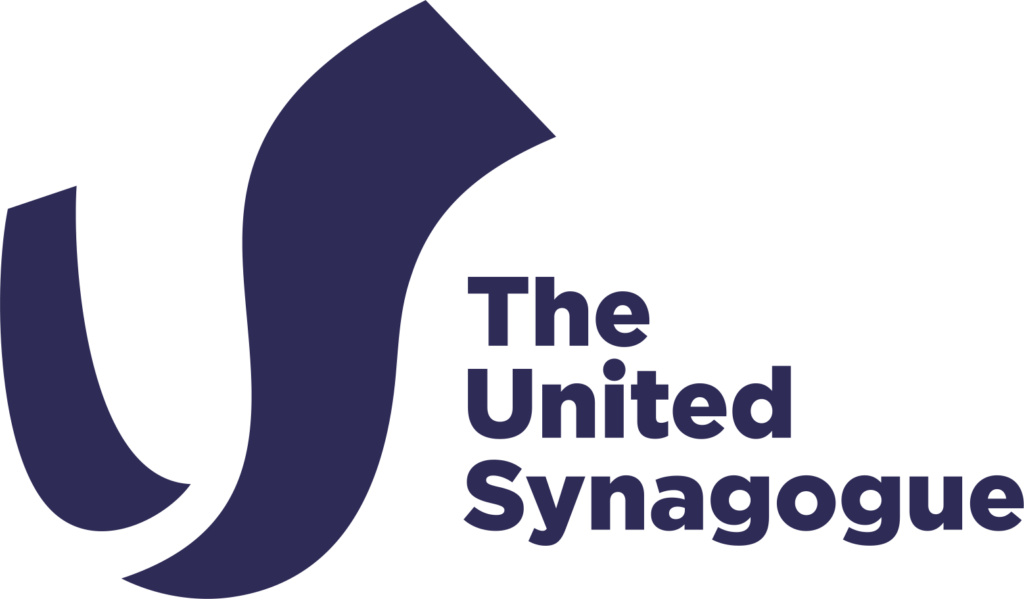By Pnina Savery, US Educator
A few years ago, I attended a megilla reading on Purim in the Shaarei Tzedek hospital in Jerusalem. As I turned to leave, an Israeli woman from a Chassidic family, speaking Hebrew with a heavy Yiddish accent, handed me a gift bag of food items, wished me a happy Purim and left. She was fulfilling her Purim mitzvah of mishloach manot, giving gifts of food to another Jew. Clearly preoccupied with whatever need had brought her to a hospital on Purim, she was nonetheless keen to fulfil her obligation of mishloach manot, even though we had never met before.
She did more than just tick the box on her Purim mitzvah checklist; she had made me very happy. A woman from a different background, with a different mother tongue, had given me a gift. I left the hospital’s synagogue with a smile on my face after this simple act of friendship from a fellow Jew.
The mitzvah of mishloach manot comes from Megillat Esther, (9:19,22), after the Jewish people have been saved from annihilation, The Megillah records that we accepted Purim as a time of “feasting and joy, and as an occasion for sending gifts to one another and presents to the poor”. This is codified in the Shulchan Aruch (Code of Jewish Law), OC 695:4.
This counteracts Haman’s earlier claim against us that “there is a people scattered and dispersed amongst the nations” (Esther 3:8). Haman is stating that the Jewish people were without their own land and were spread amongst all the other nations of the world. However, there is a deeper message here, namely that the Jewish people were scattered within themselves, without unity or cohesion within their own nation. By instituting the mitzvah of mishloach manot, Mordechai and Esther were creating goodwill and friendship within the Jewish people. This would help to avoid the Jewish people ever being in a similar situation of disunity again.
Rabbi Shlomo Alkebatz (1500- 1576), best known as the author of the song ‘Lecha Dodi’, suggests a complementary idea which also is cited by later halachic works, such as by Rabbi Yoel Sirkis of Krakow (1561- 1640) in his Bayit Chadash. According to Rabbi Alkebatz, in his work Manot Levi, the primary aim of mishloach manot is to foster goodwill, rather than simply to provide people with food.
Therefore, one can suggest that it is best not just to deliver gifts of food to our usual social circle, our friends and relatives that we always give to, but to branch out. We could consider people who may be feeling lonely, or those with whom we may have a strained relationship. Another idea is to give to an acquaintance or co-worker who may not otherwise be observing Purim, but might nonetheless appreciate being included in this joyous festival.
By taking the time to reach out to someone else, we can foster friendship and goodwill, just as the kind woman did at Shaarei Tzedek. The pressures and demands of modern life mean that it can be difficult to find the time to look beyond our immediate circle. Yet if we manage to reach out to just one extra person this Purim, the results could be transformative.

